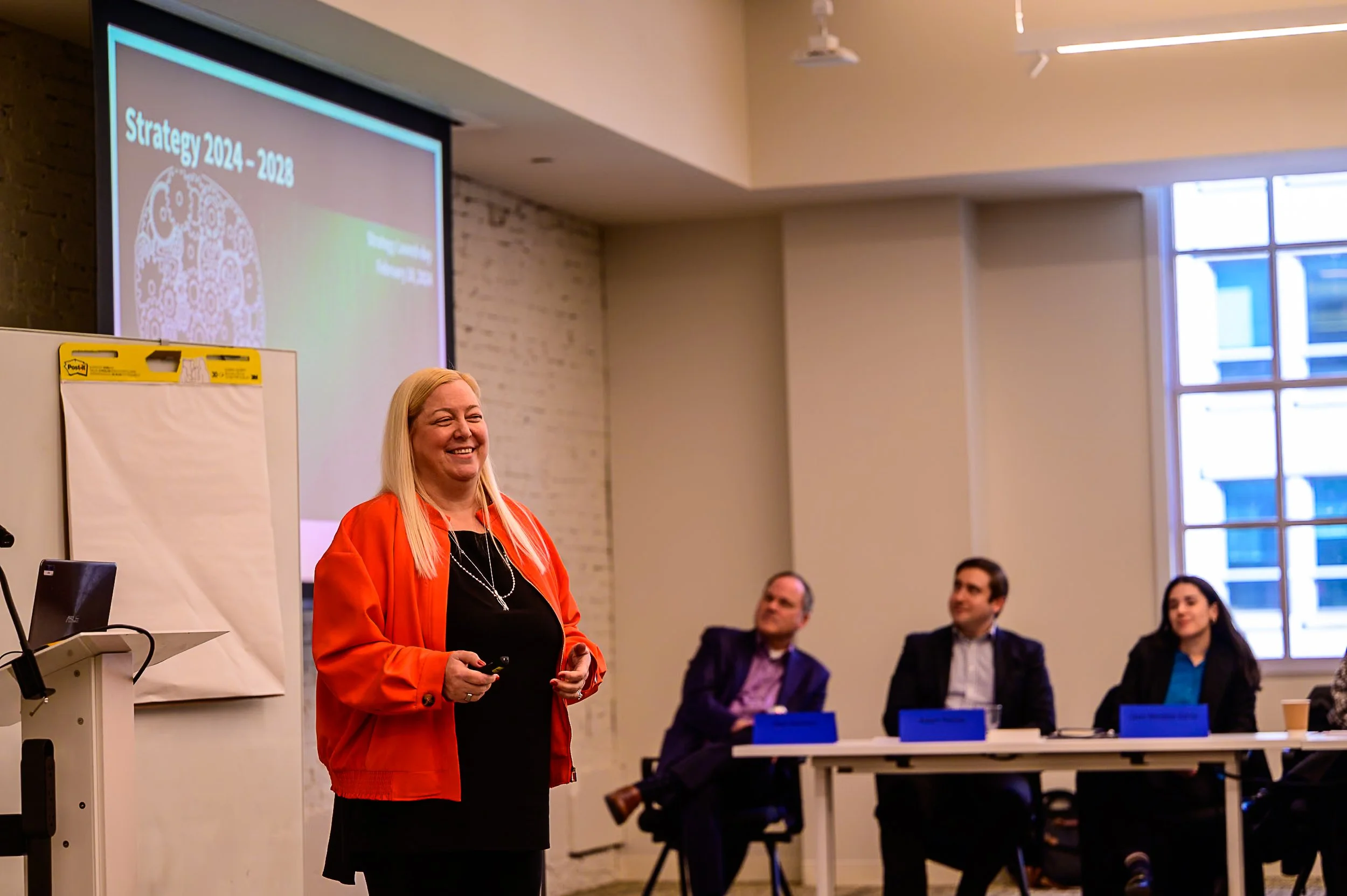Leadership and Homeland Security
A colleague sent me an interesting perspective on leadership. It is from a lecture that William Deresiewicz, a literary critic and former Yale professor, delivered to the plebe class of the United States Military Academy at West Point in October 2009. http://www.theamericanscholar.org/solitude-and-leadership/
As he speaks to future Army leaders, the lecturer builds the case that a crisis of leadership exists – in every institution, not just Government. That the generation of students and recent graduates are driven to be experts, focused on one thing, but not always interested in learning about many things. He contends that leadership is about thinking, about vision, and most of all about courage.
I think this applies to homeland security.
Within the depths of many homeland security agencies, in pockets of private industry that serves the Government, and in stakeholder groups external to the Government, we are developing single pockets of expertise – both mission and technical. But, as the lecturer contends, we are not building leaders who are thinkers. “People who can formulate a new direction: for the country, for a corporation or a college, for the Army—a new way of doing things, a new way of looking at things. People, in other words, with vision.”
We get resumes of these experts all the time at Arc Aspicio – the person who only wants to do emergency planning, or the expert that wants to specialize in biochemical weapons of mass destruction, or conflict resolution related to international peace in third world countries. We need broader thinkers, and those that are interested in always learning. We need people that can become experts quickly to solve a specific problem.
Leadership is about courage and persistence. In homeland security, it is not enough to look for ways to apply what you already know. It is about the persistence to consistently pursue the right answer, to look at all sources for the best answer. Not just working with the same group of people, on the same projects. Working with other teams, other experts, in unexpected places. It is about the persistence to pursue a solution that people originally say won’t work or is too hard. And then to create the stakeholder buy-in to make it happen, one stakeholder, one person at a time. It takes time. It takes the relentless pursuit of the hard answer.
Pockets of expertise are important to solve very specific problems, but overall improvements in securing our borders and protecting our citizens require thinkers with vision and leaders that have the courage to have the big–picture thinking and then have the persistence to pursue the right answer, no matter how difficult this is. Homeland security requires broader thinkers that can talk with experts, and who can effectively work in cross-functional teams. Those that are willing to take an integrated view, who spend the time to reach out to other pockets of expertise.
The most unexpected homeland security solutions are found in the most unexpected places and take the longest to get everyone on board. It is then that they last.





















